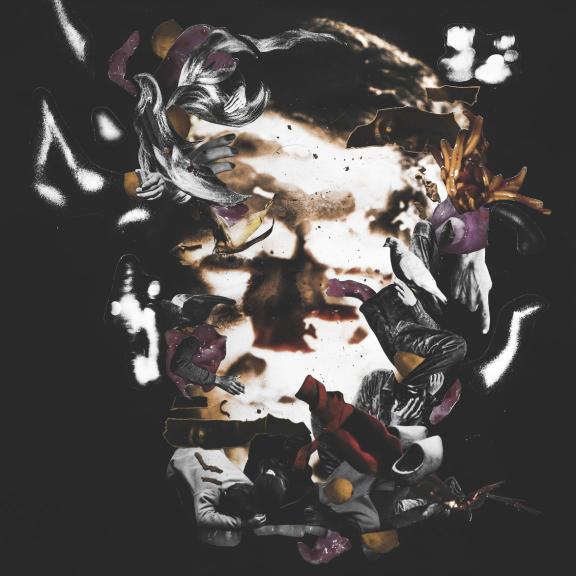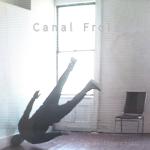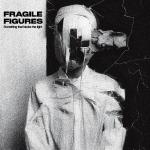Cioran Records has made a habit of producing radical, darkly pessimistic material, often oozing suffering and misanthropy, the discomfort of which is echoed in tortured, uncompromising music. Flagorne will be no exception: by bringing together Maquerelle and his experience in experimental black metal, where jazz and krautrock influences crash into each other, and producer Afga06l (closer to hardcore industrial, according to the official presentation), we have no doubt that the duo will be neither facile nor self-indulgent.
As is customary in civilised circles, Les Couleurs d'une Fièvre begins with Salutations. A French text screamed like a curse, oppressive layers, a rhythm as slow and merciless as a funeral procession: the effect is massive, intimidating and terrifying. Trepaneringsritualen or Verset Zero come to mind for this mystical, merciless approach, where the shadow of extreme metal and dark ambient come to sully the electronics. The project's name is misleading: there's no trace of self-satisfied navel-gazing here, quite the contrary. Flagorne plays with time and regularly breaks up what is in place to better confuse us, creating an industrial hell where the listener is manhandled, shaken, confronted with dissonant, unpleasant, noisy sounds.
When the rhythms get out of control and the fever rises with Adresses, Flagorne ventures into psychedelic territory, the repetition arousing a hallucinatory or incantatory panic, like the possessed murmurs of Dévore and its feverish ritual airs. The effect is synesthetic: the music becomes concrete, its texture rough. It smells and tastes of rust and blood. Alienating, Flagorne gradually descends into dementia and despair as the machines on De Rien de Bien relentlessly overwhelm us, and the text mutates into an inarticulate, flaying rattle. It's as gripping as it is unsettling, the unease infectious and gripping.
There is no catharsis: the suffering shouted out in Flagorne has no therapeutic effect, the artists have no hope of soothing their ills. Their approach is motivated by rejection, and this piece exudes chaos. Inspired by the writings of Emil Cioran, an author haunted by suffering but also by his past ideological wanderings, and those of Céline, the brilliant inventor of a literary language but also sullied by his anti-Semitic erring ways, Flagorne, once again, does not take the easy way out. Going against the grain, the artists confront a modern world where all the noise is not enough to hide the stench of emptiness, and so place the listener in a particular role, that of feeling either guilty, mediocre or hypocritical. Flagorne offer neither sympathy nor forgiveness, everyone is thrown into the same coffin, and listening to this first album is obviously not to be taken lightly. We expected nothing less.





